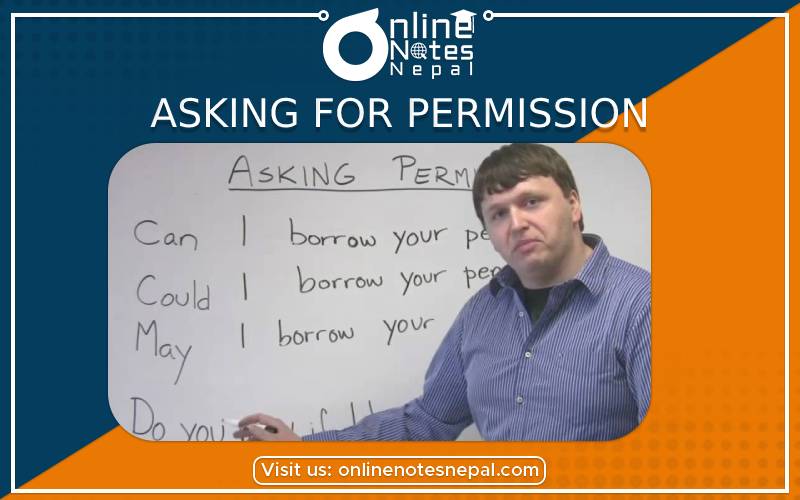Published by: Nuru
Published date: 18 Jan 2022

Children should learn to use the modal may when asking for permission. A student might ask the teacher, "May I be excused?" before leaving the room. When students asked, "Can I leave the room?" their teachers often made a joke, "You can, but you may not."
The teacher was saying the student is able to leave the room, but does not have permission to do so. May is the most formal way to ask for permission. The distinction between can and may is slowly disappearing in English.
These days, it is not always clear if may is being used to express permission or possibility — or both. Let's look at some examples in the language of internet privacy policies.
When you visit a website for the first time, you often see a popup box asking for permission to collect information about you. Privacy laws in some countries require websites to tell you what information is collected and how it will be used.
A common privacy statement includes this sentence: “We may collect various types of information … when you visit any of our sites.”
Let's see what this legal language really means. "We may collect information…" means that you give the company permission to collect information about you. In other words, you allow the company to save your email address or your computer's address.
But may has multiple meanings. In addition to expressing permission, may also expresses possibility. For example, “It may rain” means that there is a possibility of rain.
Example:
“We may collect various types of information … when you visit any of our sites.” The policy contains some clever legal language. “We may collect information” means “We have permission to collect information.” But it could also mean, “There is a possibility that we will collect information.” One could make an argument for both meanings. As an Internet user, you should assume both meanings of may are part of the policy.
A third modal for making polite requests is could. For example, “Could I please have some water?” Could is the past tense of can. However, when asking for permission, could does not have a past tense meaning.
Could has the same meaning as may when making requests. It is equally polite to say, “Could I leave early?” or “May I leave early?”
Could is used with any subject to ask for permission. For example “Could I open the window?” or “Could you open the window?” are both grammatical.
Be careful with may. When making a request using may, only I can be the subject. If you are making a formal request to dance with someone, you would say, “May I have this dance?” not “May you have this dance?” May followed by you does not express a request; it expresses a wish, as in “May you live long.”